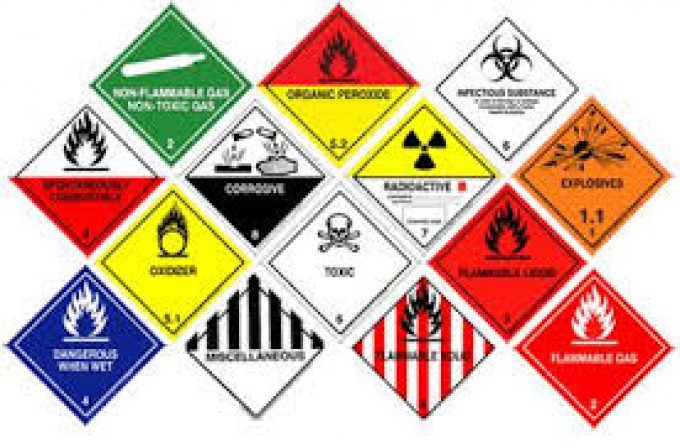Smart containers are the key to a more-visible supply chain
Current pressures on the international supply chain, and the increased volatility expected in the future, ...

More than a quarter (27%) of all reported serious incidents on board containerships in 2013-14 were attributable to cargo being misdeclared, it has been revealed.
The data was captured and analysed by the Cargo Incident Notification System (CINS) for the period.
The information alleges that the cause of ...

Comment on this article
Andy Lane
August 25, 2016 at 5:41 pmAlong with the often deliberate miss-declaration of weights – poor declarations (and stowage inside of containers) of harmful substances has existed since before I joined the industry – 30 years ago.
When you “ban” a commodity, you do not keep it off your ships, it is only transparency which is lost – and additional danger.
Many shippers (but not all I must hasten to add), see cost, cost and cost only, they care little for safety, if it will cost $10 per container end-to-end to do the corporately responsible thing.
Linking to your other story of today, about a $54,000 fine imposed by the US-FAA. That is not a deterrent.
Fines of multi-million dollars and custodial sentences for the owners of unscrupulous shippers is the only thing which will catch their attention and ensure that they do the right things when no one is watching.